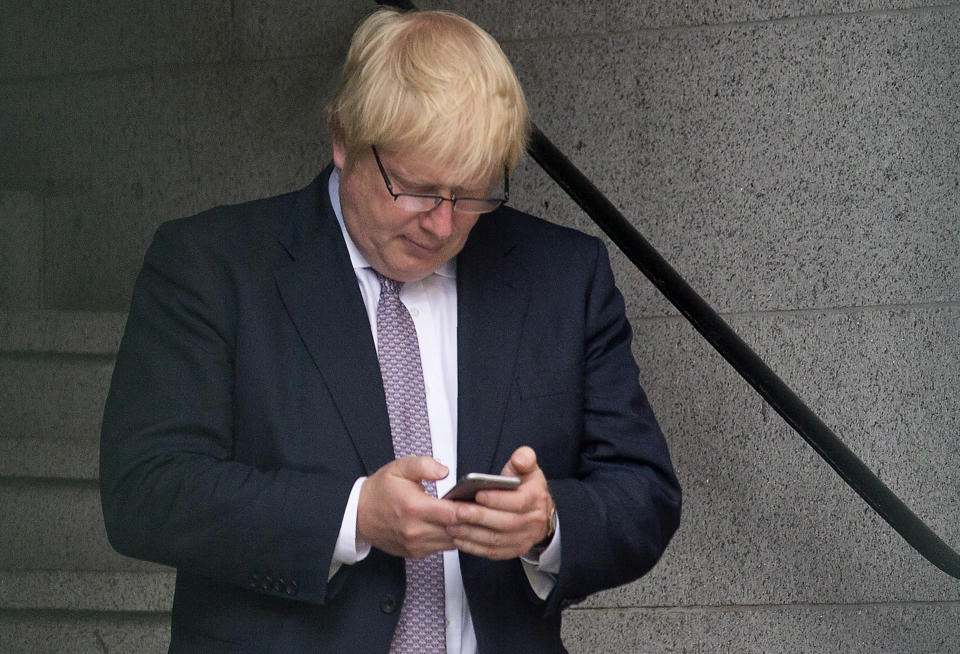Boris Johnson ignored Sage advice to give young COVID patients free Netflix and mobile phone data

New documents show Boris Johnson was advised by top behavioural scientists to give young COVID patients free access to streaming services such as Netflix, as well as free mobile phone data, to increase compliance with self-isolation rules
Government did not act on advice
Scientists said young people’s compliance is lower, citing financial factors but also criticising government’s “unclear” messaging
Boris Johnson ignored advice by top behavioural scientists to give young people free access to streaming services such as Netflix in order to increase adherence to coronavirus isolation rules.
Documents released by the Scientific Advisory Group for Emergencies (Sage) on Friday showed the prime minister was advised on 22 October to provide greater encouragement for young COVID patients to stay at home.
One of the recommendations by the Scientific Pandemic Influenza Group on Behaviours (SPI-B) read: “Young people asked to isolate or stay at home should be provided with good financial and other support e.g. free mobile phone data, streaming and gaming.”
SPI-B made the same recommendation on 16 September, saying: “Given the role of boredom and frustration in non-adherence to isolation, identifying ways to combat this may also be productive. For example, a partnership with the entertainment industry to provide free access to online games or streaming services could be considered.”

To this day, Downing Street has not acted on the advice – though on 28 September it introduced £500 payments for people on lower incomes who cannot work from home as part of measures to “support self-isolation”.
The latest SPI-B document raised concerns that compliance with social distancing and staying at home “is substantially lower and declining among those aged 18 to 29 years compared to older groups”.
It cited data suggesting “young people may have strong motivation to adhere, but this is undermined by lack of trust in government and lack of clear information”.
SPI-B added young people are more likely to work in jobs with less recourse to sick pay, “which may undermine their motivation to seek testing and ability to isolate in response to symptoms”.
Watch: These are the exceptions for going outside during England's second national lockdown
As well as financial support and providing free streaming, phone data and gaming, SPI-B also suggested practical measures such as universities shifting to remote learning “immediately”.
While some universities have taken individual decisions to implement remote learning, there has been no requirement from the government.
SPI-B also asked the government to “address barriers to adherence associated with ethnicity”.
It said more young people than adults are members of BAME communities, with ONS data showing they are more likely to live in multi-generational households and in crowded, poorly ventilated housing – increasing risk to COVID exposure.
It said: “Interventions which ensure that employers and educational institutions support preventive behaviours and which address barriers to adherence associated with ethnicity are therefore likely to be important.”
The report was presented to Sage nine days before Johnson announced the four-week lockdown for England.
Watch: Boris Johnson insists four-week lockdown will be enough
Coronavirus: what happened today
Click here to sign up to the latest news and information with our daily Catch-up newsletter

 Yahoo News
Yahoo News 

